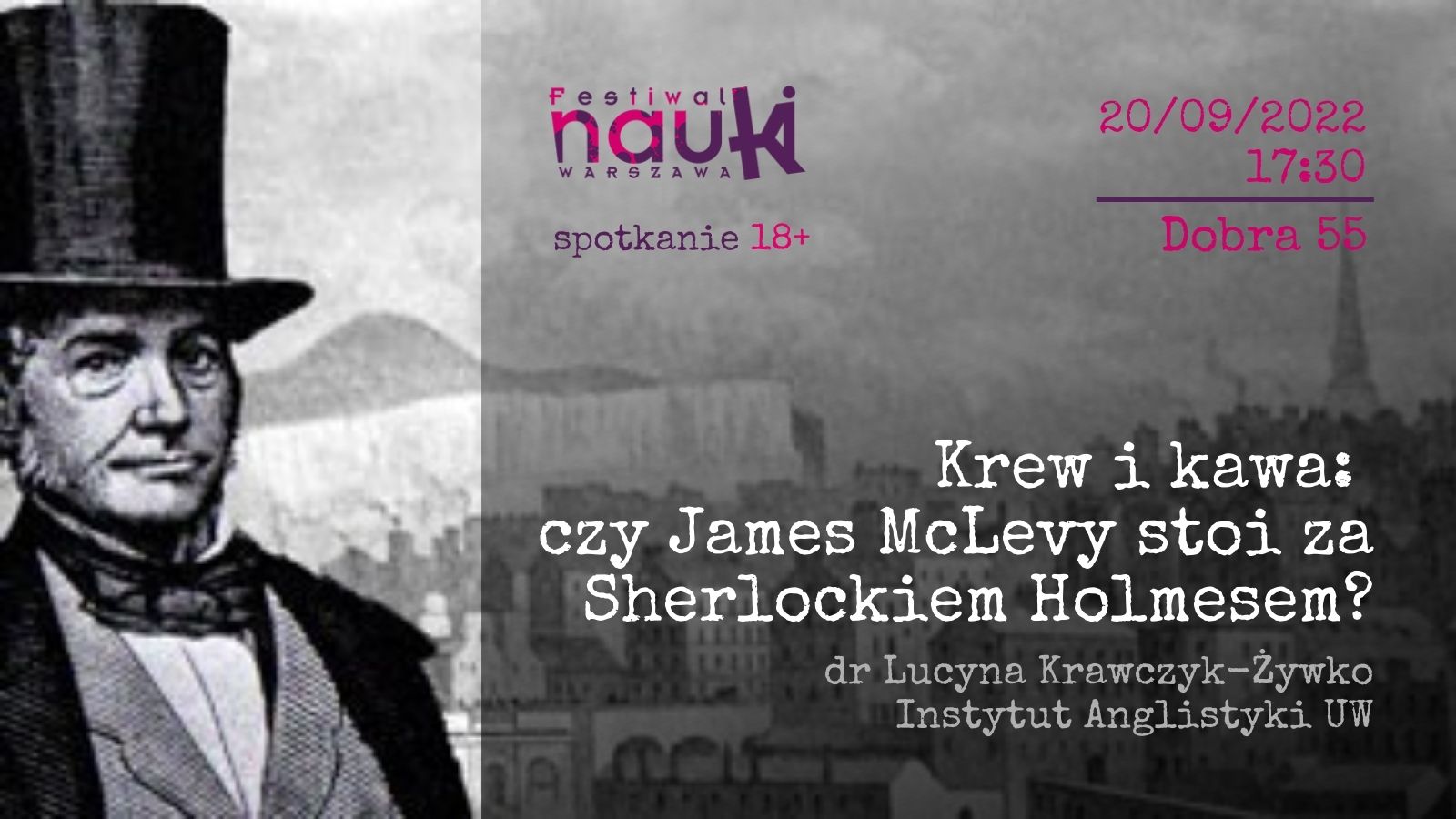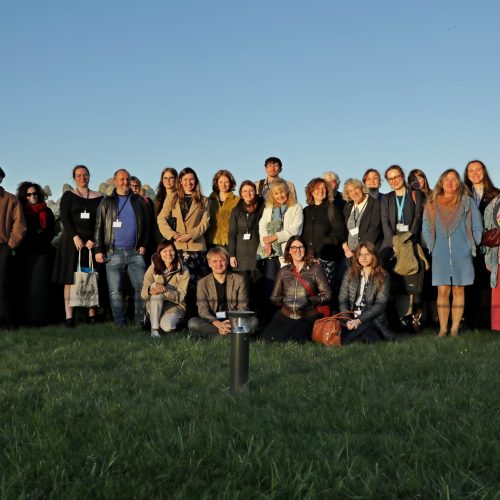Text by Lucyna Krawczyk-Żywko
Academic TBR piles/files are curious creatures – you never know what and when they may morph into…
Mine is not even a pile, as the books spread across their dedicated shelves: library lending, adaptation studies, Victorian studies, neo-Victorian studies, crime studies, crime fiction, fiction fiction, etc. The files are a different story.
Four years ago, a colleague send me a gift – something she got at a conference in Edinburgh:

As I was involved in other projects at the time, the book found its place among other detective fiction titles and nestled there. About 18 months ago, while looking for an audio drama to listen to on a weekend afternoon, I came across a title that rang a bell: McLevy. Gave the episode a go, wasn’t hooked, forgot about it.
Last December I heard a McLevy “Christmas Special” and decided to begin at the beginning, and here I am this September:
- having read the TBR McLevy’s memoirs
- having listened to all 52 BBC Radio 4 episodes
- delivering a conference paper on the said series’ take on the historic detective
- discussing the McLevy-Holmes dynamic during the Warsaw Science Fair
- having read two McLevy offshoot/expansion novel series over the summer
- having posted on the Jean Brash one
- incorporating James McLevy into the syllabus of my Victorian Detectives Revisited: Adaptations and (Re)Visions course I run next semester
I am not really sure what made me warm up to the grumpy figure. Was it his love for coffee or appreciation of Edgar Allan Poe? Or maybe his irony and wry sense of humour? If not the push-and-pull relationship with Jean Brash (I do enjoy listening to them arguing and cooperating, though), then maybe the inspector’s treatment of his subordinates and superiors? If not the effectiveness of his investigation methods, then maybe his human faults? The way the series plays with Victorian themes and events? Brian Cox’s interpretation or David Ashton’s writing? Not surprisingly, the answer is: all of the above.
If you want to learn and talk about both historic and audio James McLevy, join me next week:
- on Tuesday I’ll be discussing McLevy in Polish during the Warsaw Science Fair (Festiwal Nauki); sign up for “Krew i Kawa” here: festiwal.anglistyka@gmail.com,
- I’ll be at the Scotland in Europe Conference V talking about McLevy as a serial figure vs series character.
Or, better still:
- dive straight into the historic McLevy cases,
- immerse yourself in the audio series,
- read the extended versions of some of those cases.



